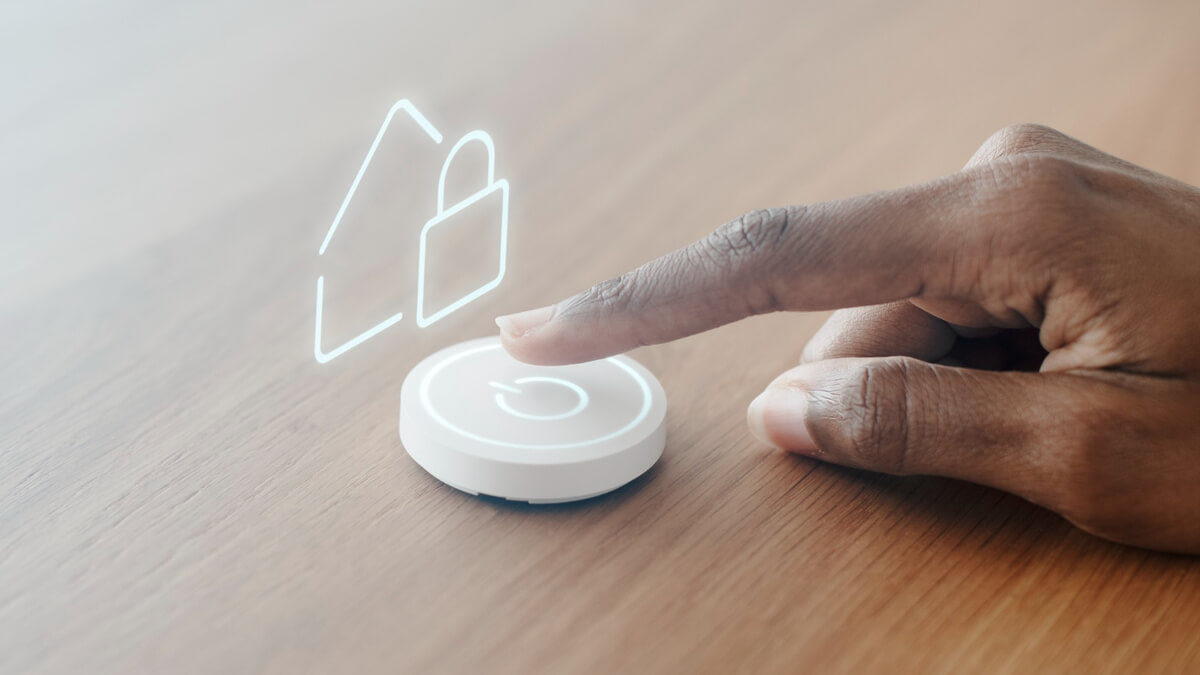A Bold Legal Shift: Federal Judge Reverses Medical Debt — What It Means for Everyday Americans

Imagine getting a call that one of your oldest and most suffocating bills — your medical debt — is no longer valid. That’s not just wishful thinking anymore. Thanks to a recent ruling from a federal judge, the conversation around medical debt in the U.S. is changing in real time, and this decision might be the first domino in a long-overdue shift.
Let’s unpack what happened, why it matters, and what could come next.
The Decision: What Did the Judge Actually Do?
A federal judge recently issued a landmark decision that reversed medical debt judgments in a case involving aggressive and possibly unlawful debt collection practices. In plain terms, the judge ruled that some debt collectors had overstepped legal boundaries when pursuing unpaid hospital bills — often targeting vulnerable patients who didn’t even know they were being sued.
This wasn’t just a slap on the wrist. The court went so far as to invalidate the debt rulings and even questioned whether such medical debts were legally enforceable under the current system.
Why Medical Debt Is Such a Crisis in America
To understand the weight of this ruling, you have to recognize how deep the crisis goes:
- Over 100 million Americans currently carry some form of medical debt.
- Medical expenses are a leading cause of bankruptcy in the U.S.
- Many of these debts come from emergency room visits, surgeries, or surprise billing — situations where patients have little to no control over costs.
Worse still, many patients don’t find out they’ve been sued until after a judgment has been entered — a tactic some debt collectors use by serving court papers to the wrong addresses or not serving them at all.
What This Ruling Could Mean for You
This isn’t just a win in one case — it could be the tip of a much larger legal and policy iceberg. Here’s why it matters:
- Precedent-Setting: Other judges may begin referencing this decision when similar cases come before the courts.
- Better Consumer Protection: It could force hospitals and debt collectors to adopt fairer, more transparent billing practices.
- Potential for Mass Debt Relief: If the ruling is expanded or adopted elsewhere, thousands of Americans could see their medical debts wiped out or reduced.
Critics and Caution
As with any big legal shift, not everyone is cheering. Critics argue this decision could:
- Undermine hospitals’ financial stability (many rely on collections to cover operating costs)
- Encourage insurance abuse or non-payment
- Lead to higher costs spread across the healthcare system
But supporters counter that the burden shouldn’t fall on the patient, especially when the system is so often confusing, overpriced, and broken by design.
What’s Next?
This ruling is likely just the beginning of a larger national conversation about:
- How medical bills are reported to credit agencies
- Whether medical debt should be collectible at all
- How healthcare costs can be reformed to prevent debt in the first place
Legislators and advocates are now watching this case closely. Some states may use it as a catalyst to introduce stricter laws around medical debt collection. Others may push for federal reforms.
Final Thoughts
Whether you’re drowning in hospital bills or just watching the system shift from the sidelines, one thing is clear: the way we treat medical debt in America is being challenged — legally, morally, and financially.
And with this federal ruling, the tide may finally be turning in favor of everyday people who’ve suffered long enough under the weight of a broken system.
Want to know if your medical debt is impacted by this decision? Speak to a consumer rights attorney or nonprofit credit counselor — especially if you suspect your debt was handled unfairly.



